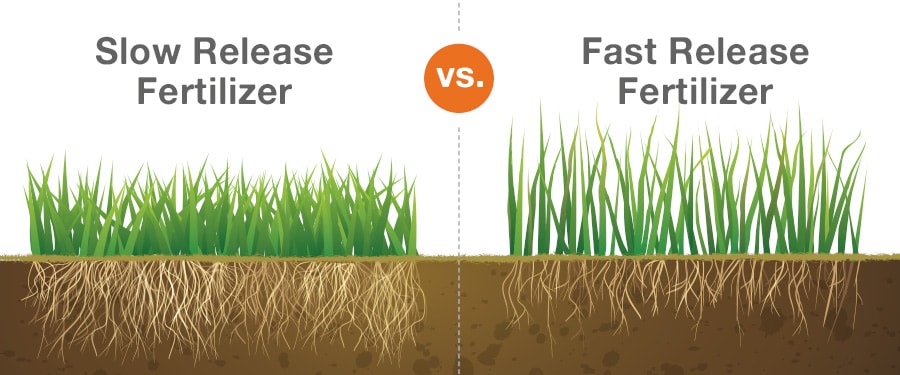Limiting The Use of Synthetic Fertilizers
Nitrogen fertilizers may seen efficient but make climate change a lot worse. Nitrous oxide is 265 times more effective at trapping heat in the atmosphere than carbon dioxide, meanwhile depleting our ozone layer.
Why is this important?
Nitrogen- and phosphate-based synthetic fertilizers leach into groundwater and increase its toxicity, causing water pollution. Fertilizers that leach into streams, rivers, lakes and other bodies of water disrupt aquatic ecosystems. Synthetic fertilizers increase the nitrate levels of soil. Read on to learn, more about why synthetic fertilizer is detrimental to the health of the ecosystem.
Click here for alternatives to synthetic fertilizer .
What is the difference between organic and synthetic fertilizer?
Organic fertilizers are those that are derived from the earth or from living things.When applied to the garden, they act like a slow-release fertilizer, feeding your plants over a longer period of time.Inorganic (synthetic) fertilizers are those that are composed of synthesized or processed chemicals that tend to give a higher nitrogen, phosphorus and potassium. They are generally absorbed more quickly by plants than organic fertilizers. Organic fertilizers, by contrast, usually have a bit less N-P-K, so it will work a little slower. But keep in mind, you are “feeding the soil” when using organic fertilizers… which is the best way to get nutrients to the plant. Synthetic fertilizers “feed the plant,” making the plant more prone to pests and disease.

Why is synthetic fertilizer harmful to the enviroment?
Synthetic fertilizers have long-term negative effects. Synthetic fertilizers kill beneficial microorganisms in the soil that convert dead plant remains into nutrients. Synthetic fertilizers leach into groundwater and increase its toxicity, causing water pollution. Fertilizers that leach into streams, rivers, lakes and other bodies of water disrupt aquatic ecosystems by causing algea blooms and changing PH.
Synthetic fertilizers increase the nitrate levels of soil and plants produced from this soil, convert to toxic nitrites in the intestines. The nitrites react with the hemoglobin in the blood stream to cause methaeglobinaemia, which damages the vascular and respiratory systems which causes suffocation and, in extreme cases, even death.
Synthetic fertilizers damage the natural makeup of soil in the long term even though it may appear to help at first. Plants that grow in soil overly fertilized with nitrogen and phospherus are deficient in iron, zinc, carotene, vitamin C, copper and protein.


